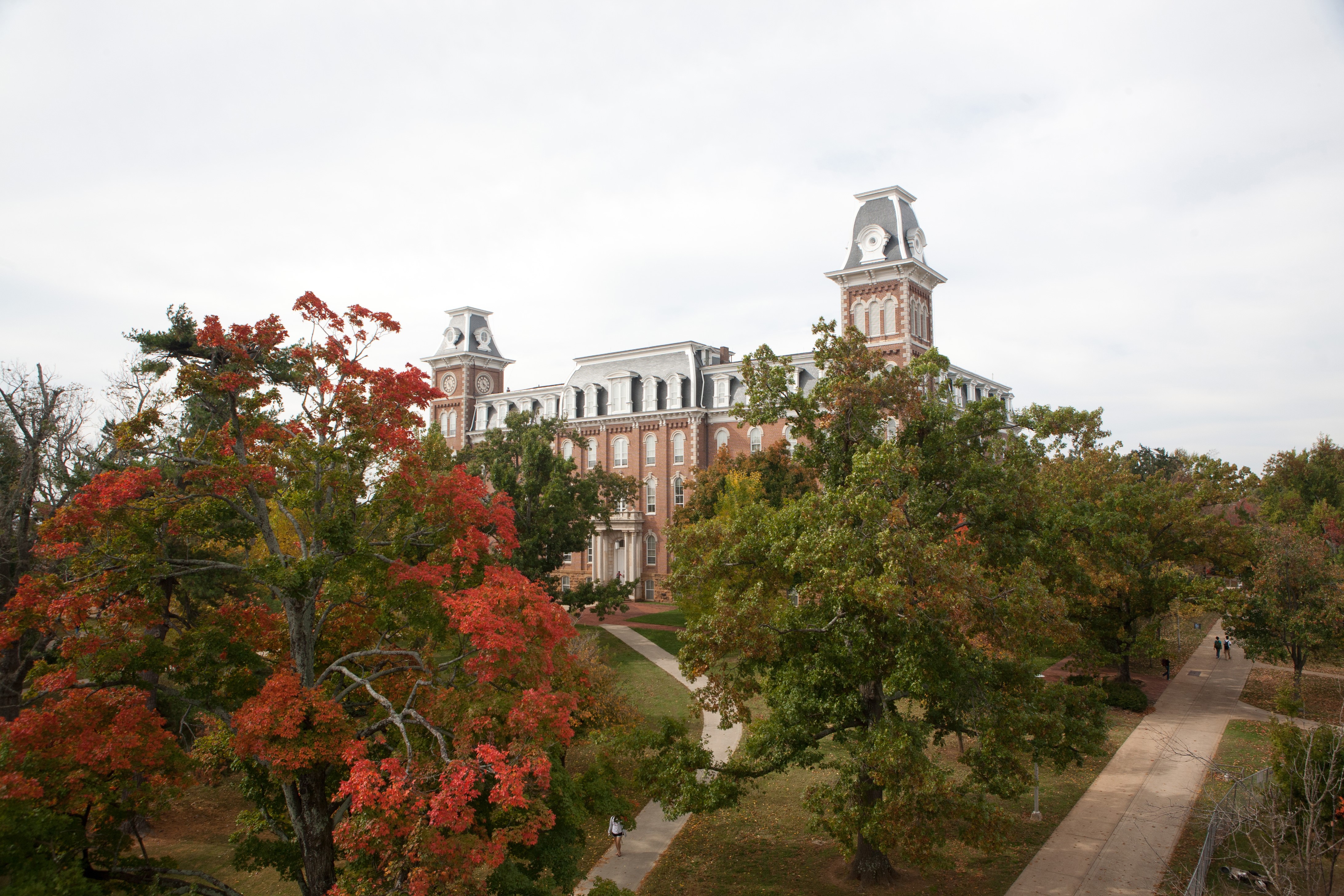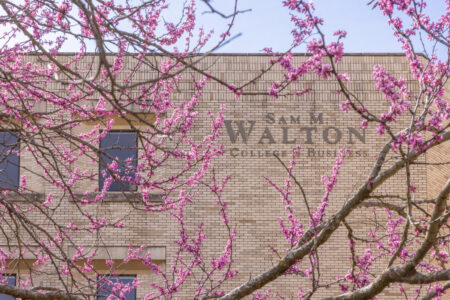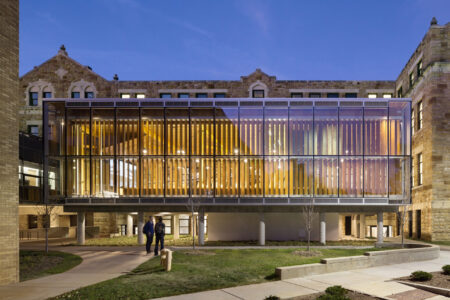After completing his bachelor’s degree in Industrial Engineering, Ridvan Gedik joined the PhD in Industrial Engineering programme at the University of Arkansas. Pursuing a graduate degree here means joining an institution ranked #32 in the 2024 rankings of the Best Industrial Engineering Programmes in the US (US News & World Report) — something Gedik knows well. In fact, he chose the Department of Industrial Engineering due to its outstanding operations research (OR) track and the distinguished faculty in that area.
“When I was an undergraduate, I realised I needed advanced skills in OR to tackle large-scale optimisation problems in supply chain and transportation,” says Gedik, who’s originally from Turkey. “I was passionate about exploring the theoretical and practical aspects of OR, finding innovative solutions to complex problems, and advancing knowledge through cutting-edge research.”
The department provided Gedik with the ideal platform to achieve these goals, offering opportunities to collaborate with industry professionals who sponsored his research activities. “The chance to work with renowned experts in operations research on real industry projects was a major driving force behind my decision,” he says. “Plus, the department offered me a graduate assistantship, which provided financial support and allowed me to focus on my studies and research while supporting my living expenses effectively.”

Source: University of Arkansas
A transformative learning experience
In the Department of Industrial Engineering, graduate students learn from experts in analytics, logistics, and optimisation. Not only will you master mathematical and statistical theories regarding the subject, but you will also apply them practically, readying you to meet the demands of careers in industry and academia.
This approach worked well for Gedik’s career trajectory, preparing him for success in both academia and industry. Upon graduation, he became a Visiting Professor and later secured tenure-track positions as an Assistant and Associate Professor in Engineering and Business schools at various universities. The department’s rigorous curriculum and hands-on approach facilitated this smooth transition, equipping him with the necessary skills to excel in teaching, research, and practical problem-solving.
Gedik’s PhD prepared him just as well for industry. Now a Senior Applied Scientist at Amazon’s Advertising Organisation, he leads scientific initiatives in experimentation and develops machine learning models to optimise advertising campaigns. He credits his success to the rigorous training he received during his PhD. “It has equipped me with skills in operations research, statistical and machine learning, and data-driven decision-making,” he says. “These skills have been invaluable in driving innovation and delivering impactful solutions in a fast-paced industry setting.”

source: University of Arkansas
Supportive environment and financial assistance
Throughout his time there, Gedik benefited from the faculty’s support. Their one-on-one consultations, mentoring sessions, and research discussions were instrumental in shaping his academic and research trajectory. Their extensive professional networks also opened doors to many collaborations and opportunities.
“The faculty members were dedicated to nurturing my research interests and guiding me through the process of conducting rigorous and impactful research,” he says. “They provided constructive feedback, challenged me to think critically, and encouraged me to explore new avenues of inquiry.”
Fan Bu, another PhD student, agrees. “The faculty provided exceptional support for my academic and research goals,” he says. “They were always willing to offer guidance, whether it was through regular meetings, feedback on my work, or advice on navigating my research projects. Each professor brought a wealth of knowledge and experience, which greatly enriched my learning and research experience.”
The result? These insights influenced his teaching approach, equipping him with effective methods to engage and inspire students. He now serves as an Assistant Professor in the Industrial, Manufacturing, & Systems Engineering Department at Texas Tech University.
Perhaps the best part is how the University offers nearly 100% funding for its students through a variety of sources, including federal, military, industry, and endowment opportunities. This generous support allows students to focus on their studies and research without the financial burdens often associated with graduate school — something Bu can attest to. He received three scholarships that enabled him to access advanced resources, attend important conferences, and collaborate on research projects that enriched his academic experience.
Step beyond the campus and you find yourself in Fayetteville, a city brimming with opportunities for relaxation and recreation. From outdoor activities and Razorback sports to the stunning Crystal Bridges Museum, Fayetteville has much to offer. Gedik found the city’s smaller size conducive. It was a peaceful place with minimal distractions, which allowed him to concentrate on his studies and personal development. “Simultaneously, its strategic location enabled me to explore the perks of Northwest Arkansas, a region home to major corporations like Walmart, Tyson Foods, and J.B. Hunt, while also providing easy access to major US hubs for leisure travel.”
Follow the University of Arkansas on Facebook, X, Instagram, LinkedIn, and YouTube












